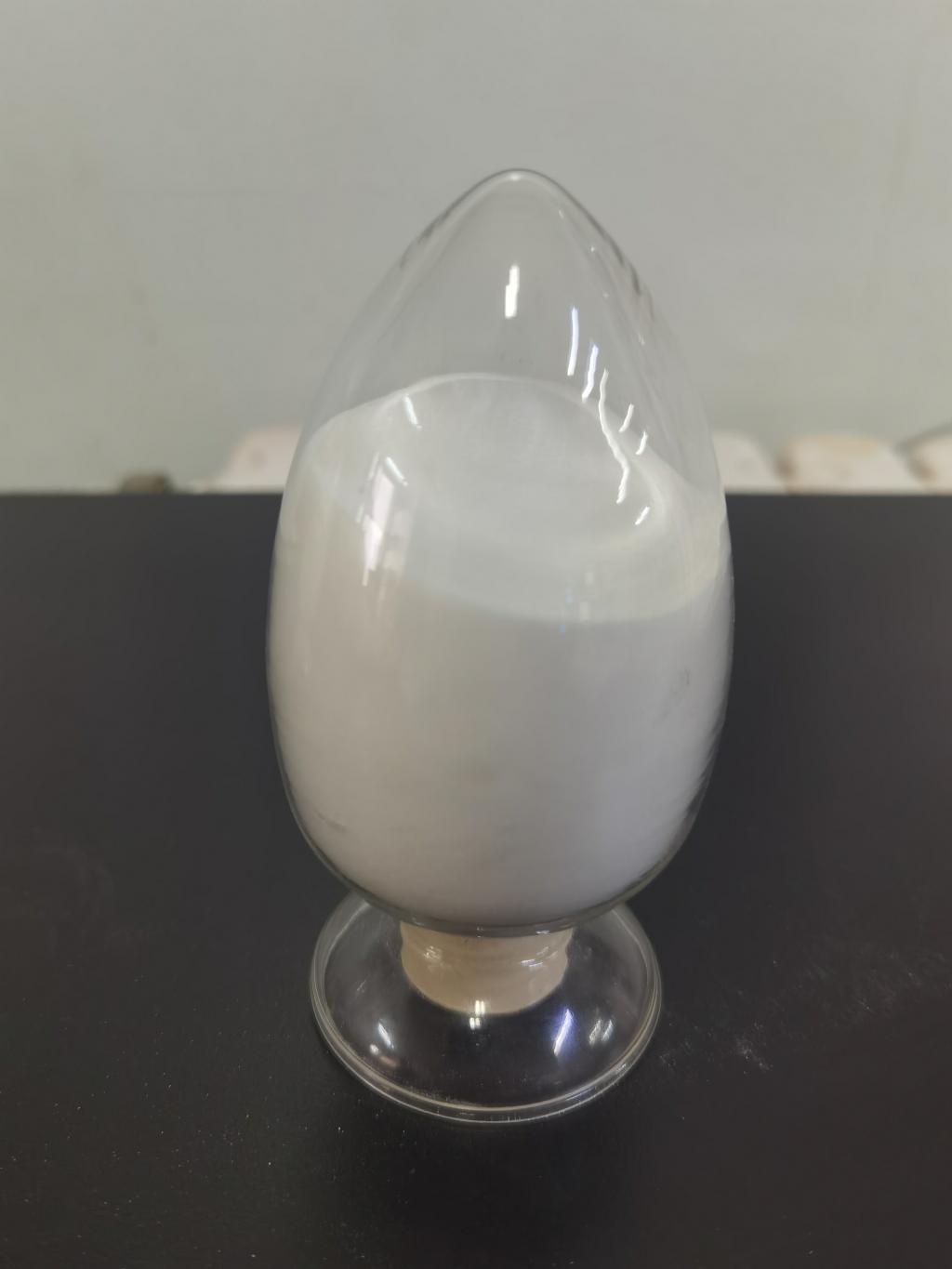Tel:+8618231198596

News
 CONTACT
CONTACT
 CONTACT
CONTACT
- Linkman:Linda Yao
- Tel: +8618231198596
- Email:linda.yao@dcpharma.cn
- Linkman:CHARLES.WANG
- Department:Overseas
- Tel: 0086 0311-85537378 0086 0311-85539701
News
ε-Polylysine Hydrochloride in Functional Foods: Addressing the Needs of Health-Conscious Consumers
TIME:2024-01-03
Understanding ε-Polylysine Hydrochloride:
ε-Polylysine hydrochloride is a water-soluble homopolymer of the amino acid lysine. It is produced through the fermentation of Streptomyces albulus, a naturally occurring bacterium. This compound is recognized for its antimicrobial, antioxidant, and protein-binding properties, making it a versatile ingredient in the realm of functional foods.
Health Benefits of ε-Polylysine Hydrochloride:
a. Antimicrobial Properties:
One of the key attributes of ε-polylysine hydrochloride is its potent antimicrobial activity. It inhibits the growth of a wide range of bacteria and fungi, contributing to the preservation of food products. This natural preservative quality addresses the growing consumer demand for cleaner labels and reduced reliance on synthetic preservatives in functional foods.
b. Antioxidant Effects:
ε-Polylysine hydrochloride also exhibits antioxidant properties, scavenging free radicals that can contribute to oxidative stress and cellular damage. The inclusion of this compound in functional foods not only extends shelf life but also enhances the potential for promoting overall health and well-being.
c. Protein-Binding Capability:
The protein-binding capability of ε-polylysine hydrochloride is another noteworthy aspect. It can interact with proteins in food matrices, improving stability and texture. This property is particularly beneficial in the formulation of protein-rich functional foods, such as shakes, bars, and supplements.
Applications in Functional Foods:
a. Bakery Products:
ε-Polylysine hydrochloride finds applications in bakery products, acting as a natural preservative to extend the shelf life of items like bread, cakes, and pastries. Its antimicrobial properties help prevent mold and bacterial growth, ensuring the safety and quality of baked goods.
b. Beverages:
Functional beverages, including juices, smoothies, and energy drinks, can benefit from the antioxidant effects of ε-polylysine hydrochloride. Incorporating this ingredient aids in maintaining the freshness and nutritional integrity of these beverages over time.
c. Dairy and Dairy Alternatives:
In the dairy industry, ε-polylysine hydrochloride can be utilized to enhance the stability of yogurt, cheese, and other dairy products. Its protein-binding capability contributes to improved texture and consistency in dairy and dairy alternative formulations.
d. Meat and Seafood:
As a natural antimicrobial, ε-polylysine hydrochloride is effective in preventing spoilage and extending the shelf life of meat and seafood products. This application aligns with the increasing consumer preference for minimally processed and preservative-free protein sources.
e. Nutraceuticals and Supplements:
Functional foods often include nutraceuticals and dietary supplements. ε-Polylysine hydrochloride's antioxidant properties make it a valuable addition to these formulations, contributing to the overall health benefits offered by these products.
Meeting the Demands of Health-Conscious Consumers:
a. Clean Label Trend:
Consumers today are more discerning about the ingredients in their food, leading to a surge in the clean label trend. ε-Polylysine hydrochloride, as a naturally derived compound, aligns with the clean label movement, meeting the expectations of health-conscious consumers who seek transparency in food product labeling.
b. Natural Preservative Preference:
With a growing awareness of the potential health risks associated with synthetic preservatives, consumers are increasingly inclined towards natural alternatives. ε-Polylysine hydrochloride's role as a natural antimicrobial allows functional food manufacturers to meet this preference without compromising on the safety and quality of their products.
c. Focus on Antioxidant-Rich Foods:
The antioxidant effects of ε-polylysine hydrochloride resonate with consumers' interest in antioxidant-rich foods for their potential health benefits. Functional foods fortified with this compound can appeal to individuals seeking products that support their overall well-being and offer additional nutritional value.
d. Sustainable and Eco-Friendly Practices:
Consumers are becoming more conscious of the environmental impact of food production. As ε-polylysine hydrochloride is produced through fermentation, which is a sustainable and eco-friendly process, it aligns with the values of consumers who prioritize environmentally responsible food choices.
Challenges and Considerations:
a. Regulatory Compliance:
As with any functional food ingredient, regulatory compliance is crucial. Manufacturers incorporating ε-polylysine hydrochloride should adhere to relevant guidelines and regulations to ensure the safety and legality of their products.
b. Taste and Texture Considerations:
While ε-polylysine hydrochloride offers various functional benefits, considerations must be given to its potential impact on the taste and texture of the final product. Formulation adjustments may be necessary to maintain the desired sensory attributes.
c. Consumer Education:
To fully leverage the potential of ε-polylysine hydrochloride, there is a need for consumer education. Transparent communication about the compound's benefits and safety will foster understanding and acceptance among consumers.
Future Outlook and Innovations:
The future outlook for ε-polylysine hydrochloride in functional foods is promising, with ongoing research exploring novel applications and formulations. Innovations in delivery systems, dosage optimization, and combination with other functional ingredients may further enhance its efficacy and versatility in meeting the evolving needs of health-conscious consumers.
Conclusion:
ε-Polylysine hydrochloride's role in functional foods represents a significant advancement in the quest for natural and multifunctional ingredients. From preserving the safety and quality of products to contributing to overall health benefits, this compound addresses the diverse demands of health-conscious consumers. As the functional food market continues to expand, ε-polylysine hydrochloride stands as a testament to innovation and sustainability, offering a pathway for manufacturers to create products that align with the clean label movement and cater to the evolving preferences of modern consumers.
- Tel:+8618231198596
- Whatsapp:18231198596
- Chat With Skype







